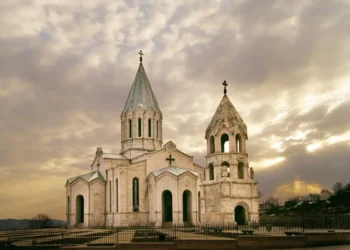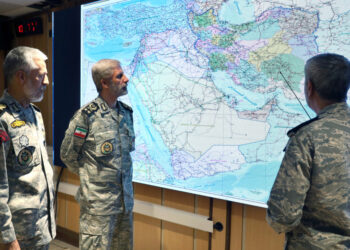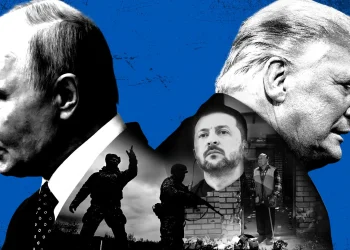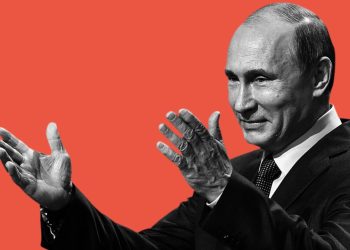MOSCOW (Realist English). Russia’s greatest weakness today may well be its lack of allies. Apart from a possible exception in North Korea, there is no country willing to die for Russia’s interests—anywhere. There are those willing to fight for money, but even then, not many. Mercenaries, yes. But for something like “Russian values”? Unfortunately, no.
In this regard, Russia stands at a disadvantage compared to the United States, which has long relied on a network of allies. Washington may occasionally drag those allies along like unwilling escorts, berating them while handing out bread crumbs—but when America truly calls, some 30 nations are prepared to send their troops to fight for its interests.
Afghanistan is no exception. The absence of Russian allies there is glaring—and Moscow’s recent decision to “unblock” the Taliban only underscored this reality. That move was not a sign of strength, but of strategic desperation. It reflected the dead end Russia has reached in its Afghan game.
It remains unclear whether the Kremlin acted out of fear that the U.S. was regaining momentum in the region, or because it had finally realized the complete failure of its much-touted “regional consensus” strategy. Moscow never managed to forge a real alliance with China, Iran, Pakistan, or India for joint engagement in Afghanistan. Each of these nations, while patting Russia on the back in public, was quietly pursuing its own game—negotiating with Taliban factions, anti-Taliban groups, Afghan exile networks, and so on.
Russia, meanwhile, fell for its own propaganda about a supposed “regional consensus” and lost the Afghan game at a strategic level.
Today, Iran, Pakistan, India, and China all hold relatively strong positions in Afghanistan—positions that are firmly their own. These countries have carved out influence over various Taliban and non-Taliban factions, as well as segments of the Afghan diaspora, each according to its national interest. Russia, by contrast, is left with its “Moscow Format”—a presentation platform that regional “partners” used to mislead the Kremlin while pursuing their real objectives behind the scenes.
Moscow’s decision to de-list the Taliban appears more like a move born of administrative panic than a calculated strategy. It is an attempt to feign initiative in a theater where initiative no longer matters.
What’s striking is that Russia’s move ends up imitating the actions of Kazakhstan and Kyrgyzstan—players far weaker in the Afghan arena than Tehran, Beijing, Islamabad, or New Delhi. These latter capitals offered no real reaction to Moscow’s announcement. Perhaps because they no longer care to pretend, and yet find lying pointless.
The so-called regional consensus on Afghanistan is dead—if it ever truly existed. The countries of the region have fragmented into their own individual projects, each trying to outmaneuver the others, all the while smiling and posturing as friends and collaborators. The Taliban are keenly aware of this and have skillfully exploited the situation. So have the Americans, who continue to work effectively with those Taliban factions that serve their interests.
It is possible that Moscow is reverting to its old playbook from the 2000s and early 2010s—using the Afghan crisis to reinforce its position in post-Soviet Central Asia. In this approach, Afghanistan is not valuable in itself, but as a tool. What matters is the narrative of regional threats, the idea of a Russian security umbrella, and fantasy infrastructure projects that may or may not materialize.
From this perspective, Russia’s alignment with Kazakhstan and Kyrgyzstan—and perhaps soon Uzbekistan, Turkmenistan, and Tajikistan—is logical. Moscow may seek to create a subordinate “Northern Alliance” composed of post-Soviet Central Asian states, framed around mutual security concerns and vague shared economic interests.
This vision, however, does not include Iran, China, India, or Pakistan. Rhetorically, perhaps—but in practice, these countries have their own distinct agendas when it comes to Afghanistan. At best, they might stay out of Russia’s way—for now.
With no genuine allies or partners left in Afghanistan, Russia seems poised for yet another withdrawal—closing chapters, tying up loose ends, and shedding illusions. That process is already underway. Until the next attempt.
Andrey Serenko — Director, Center for the Study of Afghan Politics


















